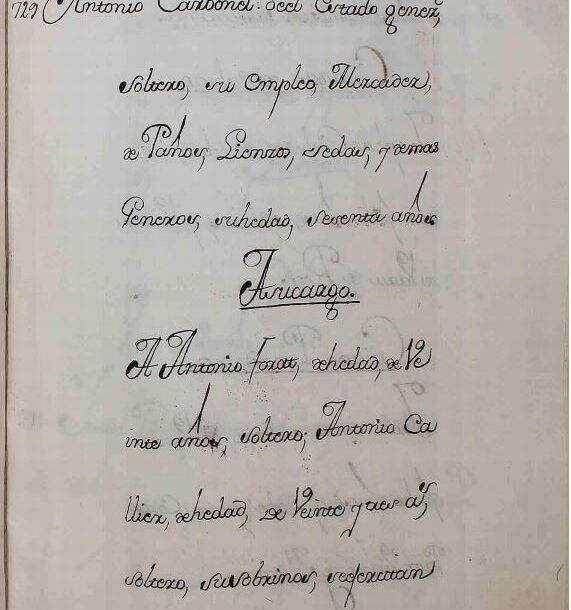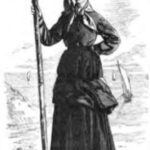Testamentary deeds are a privileged source of information on the Ancien Régime. In this specific case, we are dealing with the will of Juan Martínez de la Iglesia, made in 1712. Martínez de la Iglesia was a priest and commissioner of the Holy Office of the Inquisition in the town of El Bonillo (Albacete). The first testamentary mandates, oriented towards Catholic spiritual devotion, reflect the mentality of the time. Subsequently, he took stock of his movable and immovable assets, bequeathing them to his nieces (remember that ecclesiastics, being subject to celibacy, were not allowed to have children). Finally, for the economic well-being of the family, the priest founded a patronage of laymen to ensure a fixed income for those who owned it. What did the patronages consist of? They were a perpetual foundation whereby the founder segregated certain assets from his patrimony. The annual income from these assets, such as rents, was used to pay for masses for the founder’s soul and for the upkeep of the patronage’s administrator. In this specific case, the patronage is supported by the office of an ensign of the neighbouring town of Munera, a census, some country houses and a mill. With this patrimony, which could not be sold or disposed of as it was linked to the patronage, the perpetual performance of 12 annual masses was ensured. The example shown offers numerous possibilities for analysis of a spiritual, patrimonial and family nature, of reproduction and social mobility, of the system of transmission of inheritances, etc.
Collection: Texts
Chronology: XVIII
Scope: Secondary Education, Baccalaureate, University
Resource type: Historical source
Format: Manuscript codex
Source: Archivo Histórico Provincial de Albacete, Secc. Protocolos Notariales, caja 3526, exp. 1, fols. 170r-176v.
Language: Spanish
Date: 1712
Owner: Pablo Ballesta Fernández (Modernalia)
Copyright: © Lorenzo Fernández © Archivo Histórico Provincial de Albacete
Abstract: Will with the foundation of a trust reflecting family mentality and interests
Tags






